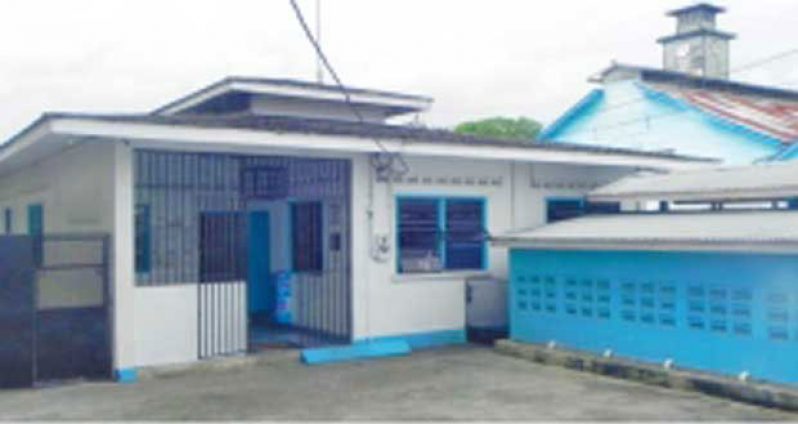THE Guyana Society for the Prevention of Cruelty to Animals (GSPCA) is urging all Guyanese to take advantage of its free spay-and-neuter programme in order to reduce the influx of unwanted animal pregnancies, with its consequent proliferation of strays.Considering the amount of stray animals hovering around the streets of Georgetown, President of the GSPCA, Mr Oliver Insanally, highlighted in an interview with the Guyana Chronicle yesterday that it is time persons cease straying unwanted animals, as it is a cruel and inhumane act.
Insanally disclosed that not only do stray animals pose a danger on our roadways, but they also usually lead tragic lives in which they experience much ill-treatment and suffering. He noted that persons should take advantage of the GSPCA’s spay-and-neuter programme, which provides the procedure free of cost to persons who cannot afford to pay for it.
“Through this programme,” Mr Insanally has said, “many hundreds of animals have been successfully spayed and neutered; no doubt, making the GSPCA’s spay-and-neuter programme a significant intervention in reducing the number of strays in Georgetown and its environs.”
THE PROGRAMME
Spaying and neutering pets can prevent unwanted pregnancies. Once the owner recognises that there is no need for a pet pregnancy, that owner can refer to the GSPCA’s spay-and-neuter programme.
Traditionally, cats can be spayed or neutered from six/seven months of age. Spaying is the surgical removal of the female reproductive organs (ovaries, oviducts, and uterus). It is a recommended procedure for all female cats that would not be used in a breeding programme.
Besides decreasing overpopulation of cats, removing a tabby cat’s reproductive organs eliminates the behaviour associated with the heat cycle, such as howling and restlessness.
Spaying also greatly reduces the incidence of breast cancer and womb diseases.
Neutering, or castration, is the surgical removal of parts of the male reproductive organs. The benefits are that, apart from preventing impregnation of the tabby cat, it reduces excessive aggressiveness and the spraying of urine with its pungent odour.
On the other hand, dogs are usually spayed at seven months of age. Females should be spayed (the removal of the ovaries and uterus), and males neutered (removal of the testicles).
Spaying before maturity significantly reduces the risk of breast cancer, a common and frequently fatal disease in older female dogs. Spaying also eliminates the risk of an infected uterus, a very serious problem in older females that requires surgery and intensive medical care.
Neutering males prevents testicular and prostate diseases, some hernias, and certain types of aggression. Pets which are not focused on finding a mate usually turn their affection towards their owners.
Neutered males are less aggressive than unneutered males, which can wander off in search of a female in heat; get into fights with other male dogs over a mate; become a nuisance to neighbours; get hit by a vehicle; or even get hurt by someone.
Neutered male animals wander less, and are therefore less likely to end up lost or in fights. Females not spayed attract unwanted males to their owners’ homes when they are in heat.
PROCEDURE
Both procedures require simple surgeries that would require the animals to be placed under anesthesia to put them to sleep during the operation. The entire operation takes an average of 35 minutes. The animal does not feel any pain during the operation, and recovers enough to move about slightly a few hours after the surgery.
In 2009, the GSPCA spayed and neutered 339 dogs and 119 cats; vaccinated more than 6,000 such animals, and provided shelter to 590 cats and dogs. The GSPCA is highly committed to nurturing animals that are in dire need of attention, with minimum cost to the owners, given that it is a non-profit organisation and is always open for donations to enable it to provide better care for its sheltered animals.
(By Shivanie Sugrim)



.jpg)








